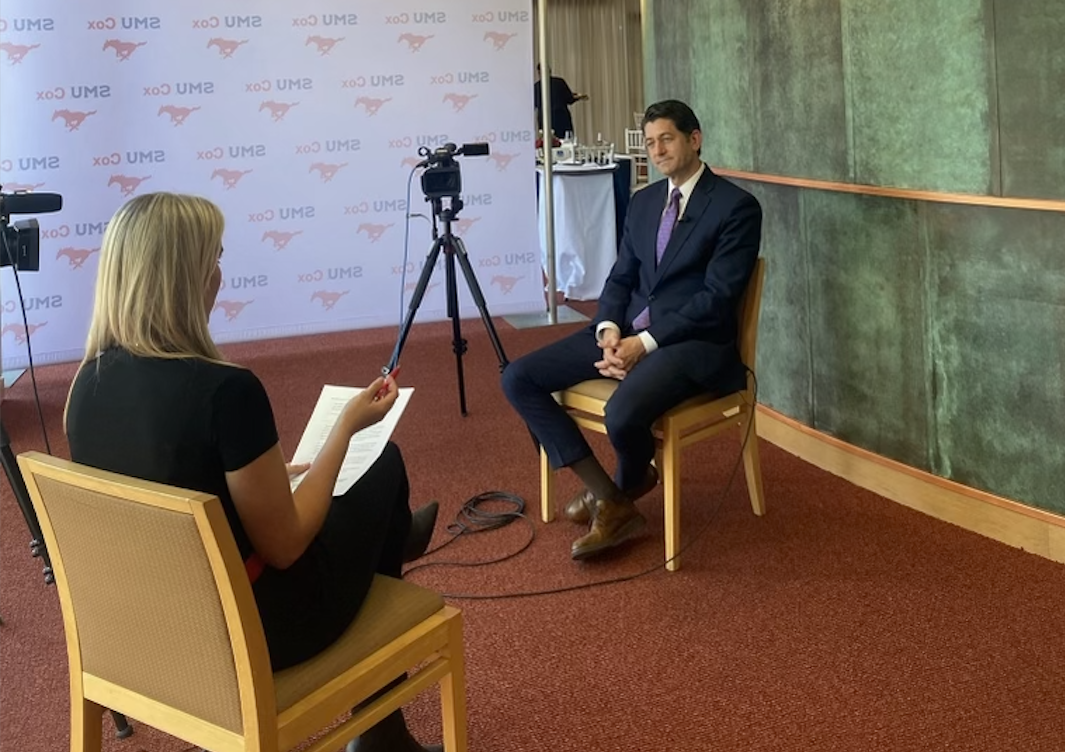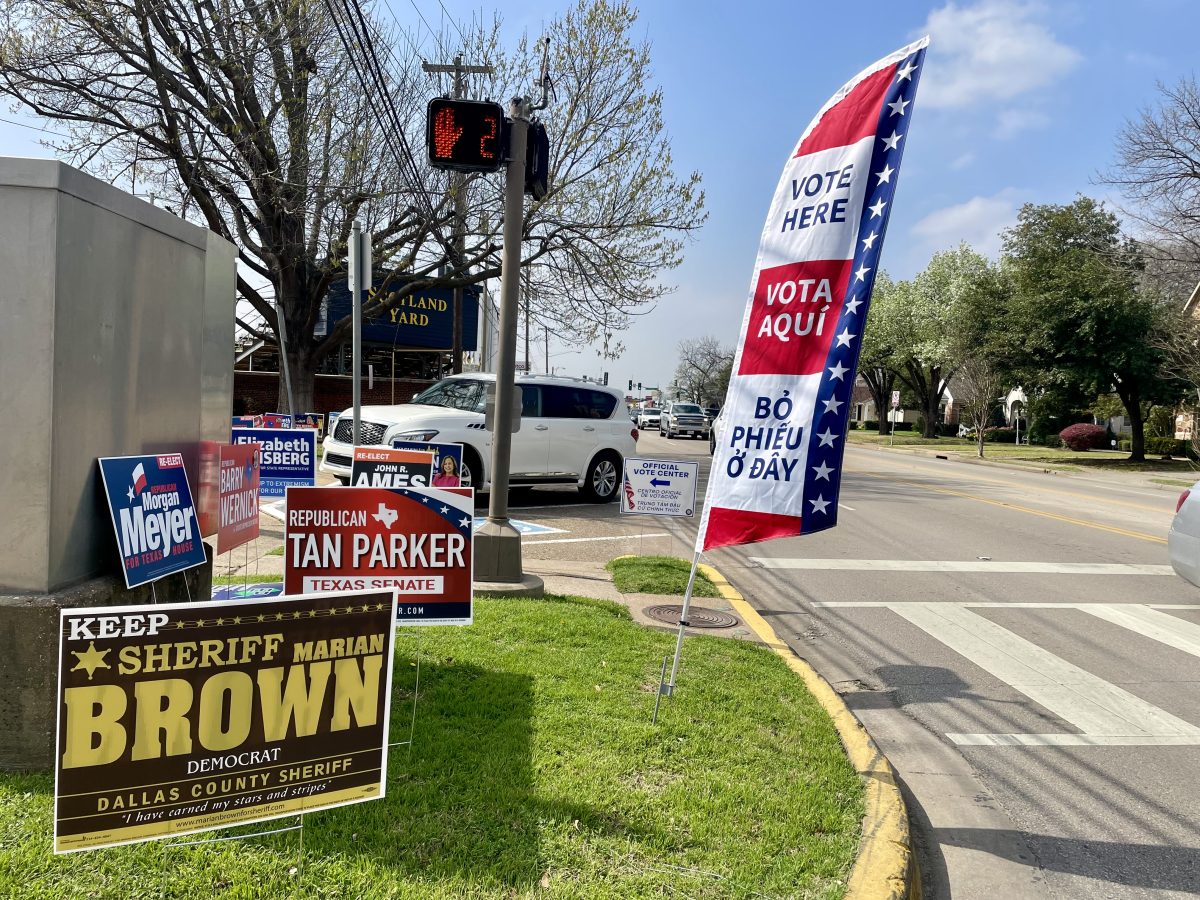The election is less than one week away, and whether the win goes to President Barack Obama or Gov. Mitt Romney, the election results will have an impact financial aid and student loans at American universities. However, college-aged voters might be more concerned with which candidate they believe will bring more jobs rather than improve their student loan plans.
In 2010, Congress passed the Health Care and Education Reconciliation Act, which included increases to the Pell grant scholarship, eliminated the federal guaranteed student loan program, capped student loan repayment amounts and changed student loan forgiveness periods for those who qualified.
The federal guaranteed student loan program subsidizes student loans issued through private lenders. The Obama administration suspects that shifting away from subsidies to private loans will save about $60 billion over the next 10 years. The act invests more than $40 billion in Pell grants and increases the maximum Pell Grant award from $5,500 to $5,975 by 2017.
Romney would alter what Obama has planned significantly if elected. His education plan “A Chance for Every Child” states that Pell grant dollars should be refocused to students “that need them the most” and aims to tighten eligibility requirements for the grants. Romney believes his plan to grant subsidies to private lenders would bring private lenders back to make for a more efficient system.
In his plan, Romney mentions that Obama’s plans could drive tuition to continually increase, especially given Obama’s plans to relieve graduates of repaying loans after a certain amount of time. The Department of Education statistics under the Obama administration has seen an inflation-adjusted 12 percent increase in tuition at public universities.
In an analysis from March 2012, the Federal Reserve Bank of New York estimated the national student loan debt to be $870 billion. Although this number isn’t something to be ignored, other numbers may matter more to college voters.
Generation Opportunity, a nonprofit-nonpartisan organization, estimated that 64 percent of Americans aged 18 to 29 believe that the availability of full-time jobs is more important than lower student loan interest rates. The nonprofit also found that if the Sept. 2012 data about unemployment were adjusted for those who have never been employed before and seasonally hiring, the unemployment rate for those aged 18 to 29 would be 16.6 percent. College-aged voters will most likely not only focus on student loan plans, but also which candidate they believe can bring more employment opportunities.
Elizabeth Dominguez, a senior mechanical engineering major, is voting for Obama. Dominguez works at a manufacturing plant, and said she believes that Obama would be able to produce more jobs for Americans specifically in manufacturing. She also said that his expansion of student loans and the money put into Pell grants are a large factor in her decision.
Vanessa Garton, a junior advertising major and member of SMU College Republicans, believes that creating jobs is more important than lowering student loan interest rates. She has already voted for Romney, and also has problems with Obama’s Student Loan Forgiveness Act.
“The main problem is that our country will have more debt than before, causing a raise in taxes which creates more problems,” Garton said.
For some students the economy is the most important part, and student loans aren’t an issue in their decision. Max Hirsh, a junior finance major, is voting for Obama because he believes Obama should see his plans for the economy through.
“He spent the last four years setting up what he’s going to accomplish in the next four years,” Hirsh said.
No matter the reasons for voting and no matter who is elected, the candidate elected in November will bring changes to financial assistance in U.S. colleges.


















